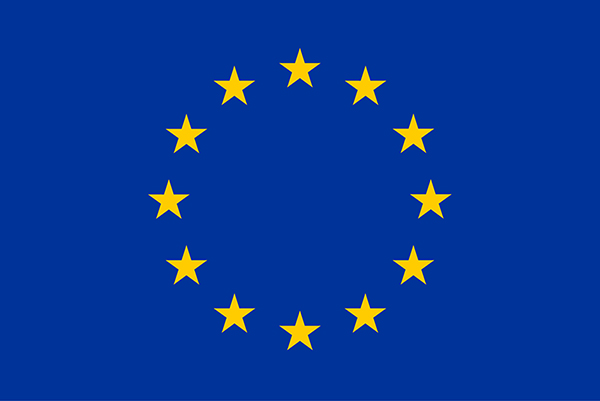
Association of Southeast Asian Nations
The Association of Southeast Asian Nations, or ASEAN, was established on 8 August 1967 in Bangkok, Thailand, with the signing of the ASEAN Declaration (Bangkok Declaration) by the Founding Fathers of ASEAN: Indonesia, Malaysia, Philippines, Singapore and Thailand.

Council of Europe
The Council of Europe is the continent’s leading human rights organisation. Since its foundation in 1949, the organisation has created a common legal space, centred on the European Convention on Human Rights (ECHR), across its 46 member states. This represents a death penalty-free zone for more than 700 million people.

Eurasian Economic Union
The Treaty on the Eurasian Economic Union was signed on 29 May 2014 by the leaders of Belarus, Kazakhstan, and Russia, and came into force on 1 January 2015. Treaties aiming for Armenia's and Kyrgyzstan's accession to the Eurasian Economic Union were signed on 9 October and 23 December 2014, respectively. Armenia's accession treaty came into force on 2 January 2015. Kyrgyzstan's accession treaty came into effect on 6 August 2015. Kyrgyzstan participated in the EAEU from the day of its establishment as an acceding state.

BRICS+
BRICS is an informal group of states comprising the Federative Republic of Brazil, the Russian Federation, the Republic of India, the People’s Republic of China and the Republic of South Africa. It was the Russian side that initiated the creation of BRICS.

International Atomic Energy Agency
The IAEA was created in 1957 in response to the deep fears and expectations generated by the discoveries and diverse uses of nuclear technology. The Agency’s genesis was U.S. President Eisenhower’s “Atoms for Peace” address to the General Assembly of the United Nations on 8 December 1953.

International Court of Justice
The Court is the principal judicial organ of the United Nations. It was established by the United Nations Charter, which was signed in 1945 in San Francisco (United States), and began work in 1946 in the Peace Palace, The Hague (Netherlands).

Organization for Economic Co-operation and Development
The Organisation for Economic Co-operation and Development (OECD) is an international organisation that works to build better policies for better lives. We draw on more than 60 years of experience and insights to shape policies that foster prosperity and opportunity, underpinned by equality and well-being.

Shanghai Cooperation Organisation
The Shanghai Cooperation Organisation (SCO) is a Eurasian political, economic, international security and defence organization established by China and Russia in 2001. It is the world's largest regional organization in terms of geographic scope and population, covering approximately 24% of the area of world (65% of Eurasia)[3] and 42% of the world population. As of 2024, its combined nominal GDP accounts for around 23%, while its GDP based on PPP comprises approximately 36% of the world's total.

World Economic Forum
The World Economic Forum is the International Organization for Public-Private Cooperation. It provides a global, impartial and not-for-profit platform for meaningful connection between stakeholders to establish trust, and build initiatives for cooperation and progress.

United Nations
The United Nations is an international organization founded in 1945. Currently made up of 193 Member States, the UN and its work are guided by the purposes and principles contained in its founding Charter. The UN has evolved over the years to keep pace with a rapidly changing world. But one thing has stayed the same: it remains the one place on Earth where all the world’s nations can gather together, discuss common problems, and find shared solutions that benefit all of humanity.

World Health Organization
The World Health Organization (WHO) is a specialized agency of the United Nations responsible for international public health. It is headquartered in Geneva, Switzerland, and has six regional offices and 150 field offices worldwide.

World Trade Organization
The WTO has many roles: it operates a global system of trade rules, it acts as a forum for negotiating trade agreements, it settles trade disputes between its members and it supports the needs of developing countries.

North Atlantic Treaty Organization
NATO promotes democratic values and enables members to consult and cooperate on defence and security-related issues to solve problems, build trust and, in the long run, prevent conflict.

United Nations Security Council
The Security Council has primary responsibility for the maintenance of international peace and security. It has 15 Members, and each Member has one vote. Under the Charter of the United Nations, all Member States are obligated to comply with Council decisions.

European Union
The functioning of the EU is founded on representative democracy. A European citizen automatically enjoys political rights. Every adult EU citizen has the right to stand as a candidate and to vote in elections to the European Parliament. EU citizens have the right to stand as a candidate and to vote in their country of residence, or in their country of origin.
